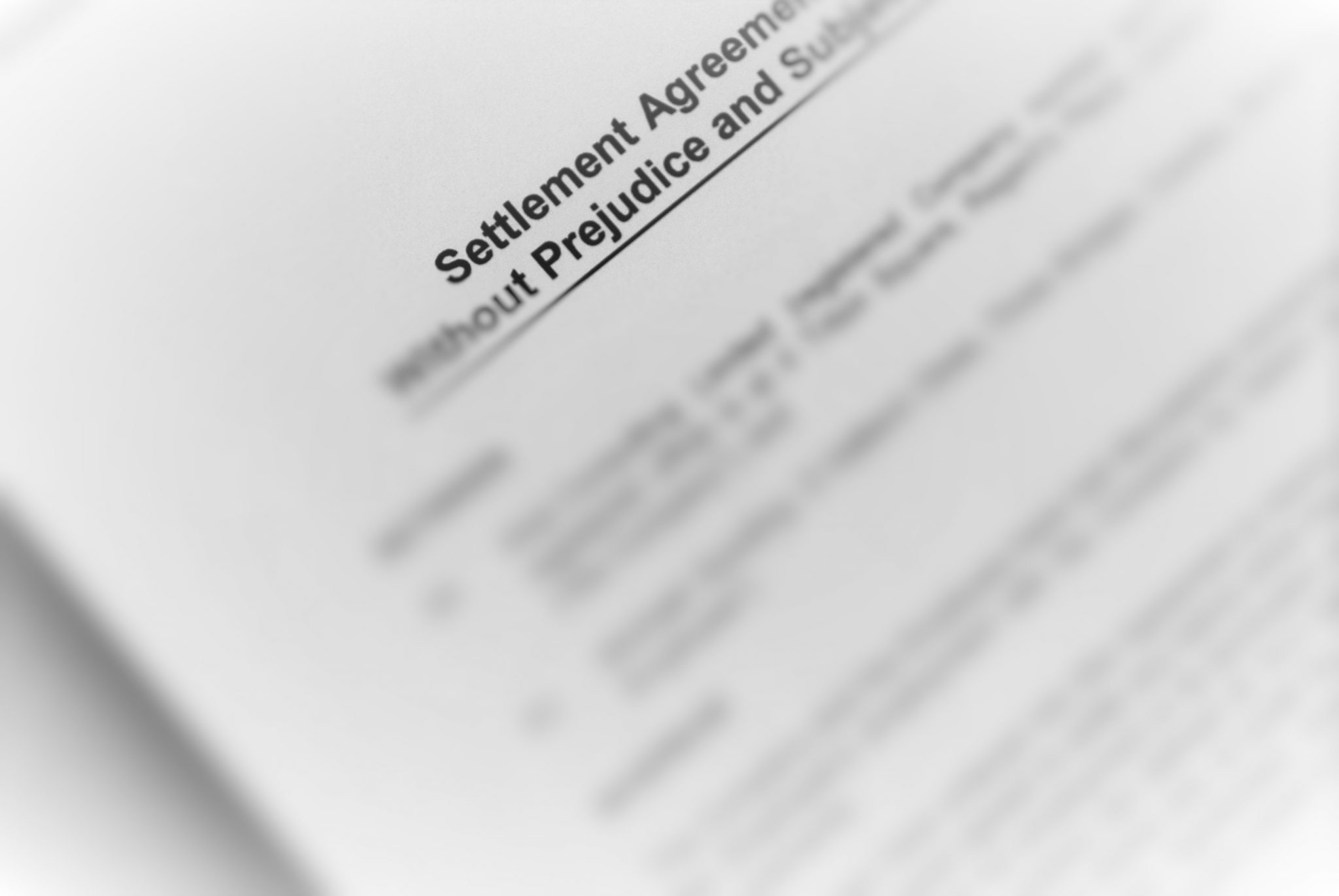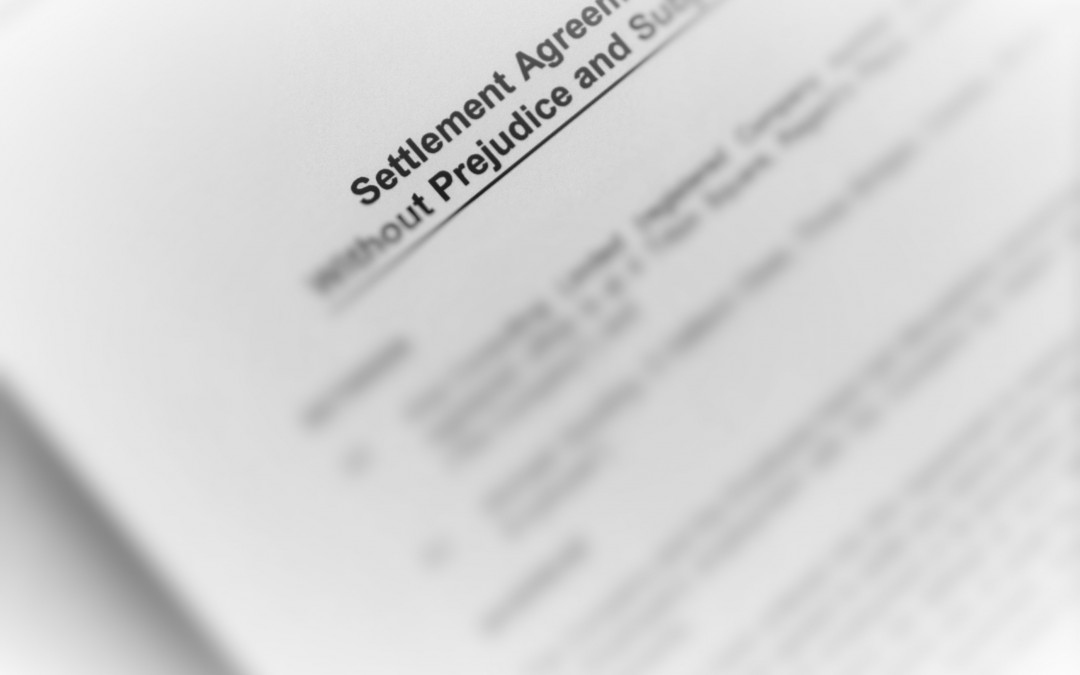What is a settlement agreement or a compromise agreement? That is the question. That question arises because in July 2013 the name for what was termed a ‘compromise agreement’ changed.

Settlement agreement solictors compromise agreement solicitors as well as businesses and individuals are provided contract drafting and advisory service by Tahir Ashraf a (dual qualified solicitor and) practising barrister.
Service for
It is now referred to formally as a ‘settlement agreement’. Most people tend to use the two names as though they are one and the same and so use them interchangeably.
As you may have guessed, a settlement contract is usually between two or more parties that tend to be in some form of an employment type relationship. Whilst these can often be used for alternative scenarios, it is common for these types of contracts to be used by employers and employees.
Why Use A Settlement Agreement?
There are several reasons why choosing to use a compromise agreement is the right move. One such reason to use a settlement contract is when a person’s employment has come to an end. Clarity, is another reason. It is always prudent to have clarity. A clear settlement agreement can provide just that. An agreement that is well-drafted, can provide a clear understanding of the legal obligations of the employer and the employee.
The clear benefit of this approach is that the employer is protected against the risk of potential future claims by the employee. It is also common for the compromise agreement to provide clarity to the employee, because the employee benefits from being able to make a ‘clean break’.
What’s Included In the Agreements?
It is perfectly common for a settlement agreement to require that the employee acknowledges that all entitlements to all claims that might have arisen, will no longer be actionable. This is where things can prove to be a little tricky. There are of course occasions when it is entirely reasonable to negotiate the terms of settlement. That is also why the agreement should outline in clear terms, any settlement sum of money that the employee will receive on termination of the employment relationship.
Are Settlement Agreements Confidential?
For the sake of clarity, I would routinely expect there to be a section that deals with matters that are to be kept confidential. It would be rare for such agreements not to be confidential. The confidentiality requirements usually refer to provisions that also deal with matters such as non-competition and trade restrictions. These are often similar to confidentiality agreements. An action such as setting up shop next door to provide the same services, or canvassing the same customers, is usually prohibited, at least, for a certain period of time. Unfortunately many businesses and individuals fall foul of these obligations, which tends to lead to disputes.
Is A Settlement Agreement Legally Binding?
Yes – As with any commercial contract, the compromise agreement is intended to be legally binding on both the emnployer and the employee. Parties to a contract are required to have taken independent legal advice on settlement agreements, to the extent that employees are required to obtain separate representation. Of course, such an approach, is helpful to prevent disputes. Once advice is obtained, then the agreement can be signed and exchanged between the parties. So once the settlement agreement is signed, sealed and delivered, it becomes legally binding on the parties and brings to an end the employer, employee relationship. Leaving the parties to go their separate ways.

